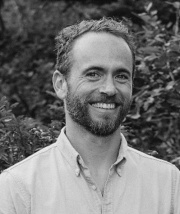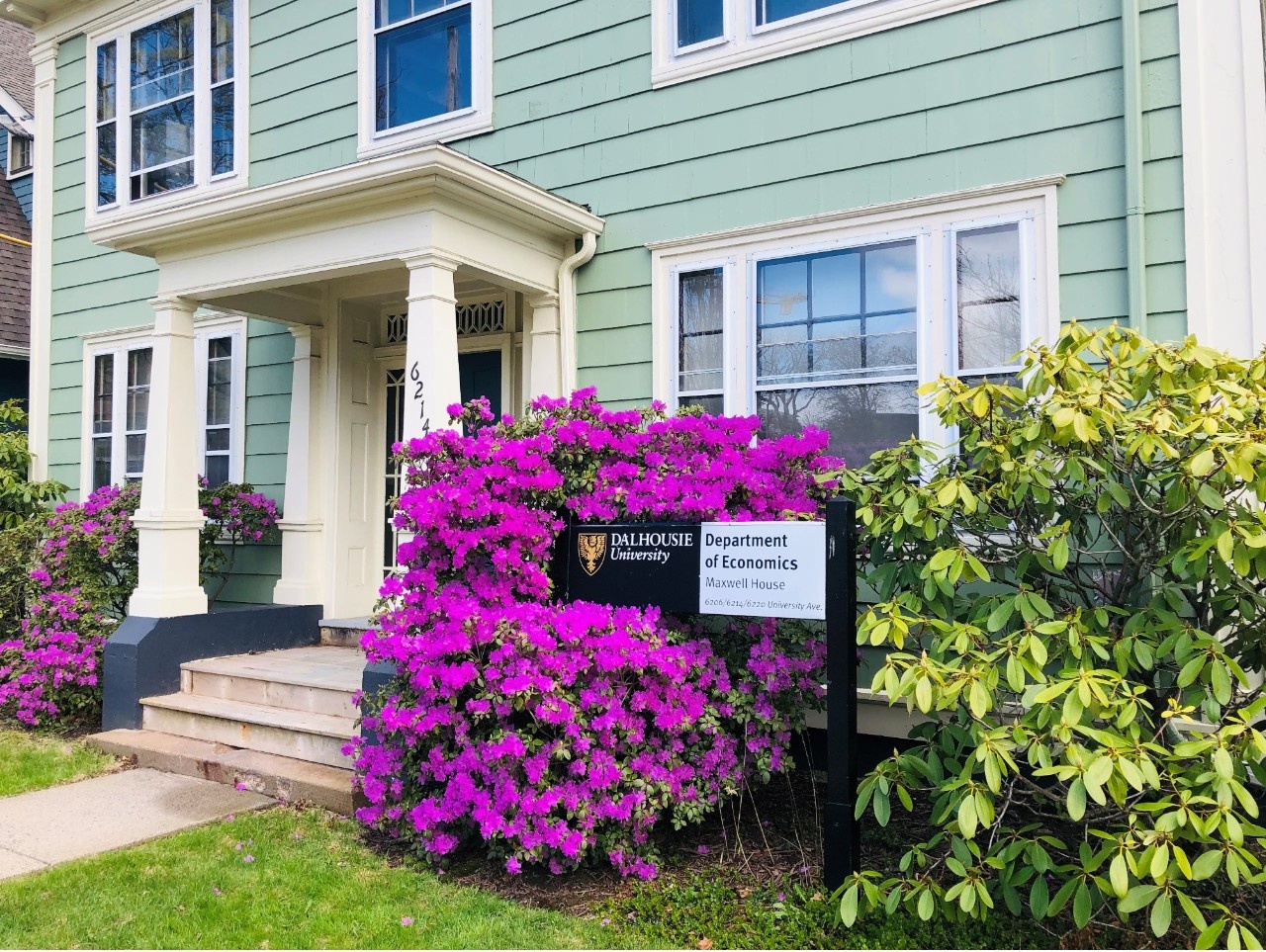Mico Schwartzentruber
MA 2012

After finishing the last exam of my MA program back in the spring of 2012, I can distinctly remember feeling that Iโd reached the limits of my academic potential. It was clearly time to try out my new degree in the job market rather than think about doing a PhD. At the time, I didnโt fully appreciate how valuable both the degree and the skillset would be. I was just relieved to get through that econometrics exam and hopeful for what lay ahead.
When I started the program, 2 years prior, Prof. Cross and Lesser were definitely taking a chance by admitting someone who hadnโt completed a full undergraduate econ degree with a transcript that reflected how much fun I had those first few years out of high school. Before applying for grad school, I had gone back to school to improve my grades and developed an interest in economics. The extra year allowed me to complete my pre-requisites while taking some of the grad level electives and get some experience as a TA. In any case, I was grateful for the opportunity and determined to make the most of it.
Moving from to Toronto to Halifax and going from UofT class sizes over a thousand, to the Dal Econ Department was a welcome change. You had a chance to make real connections with the profs. I have fond memories of how excited Prof. Giusto would get when explaining microsimulation modeling; how Prof. Cyrus would weave competing theories into a lecture that I never wanted to miss; how Prof. Kuan would transpose matrices with his hands as if by magic; learning about the prisoners dilemma from Prof. Rosenblum in a way that had me trying to talk to friends about it; and how Prof. Yuksel would patiently explain micro concepts to me while I still sat there with a puzzled look on my face.
The small grad classes were typically an equal mix of Canadian and international students. Lively class discussion, lots of study sessions, and extra curricular events really brought us all together. Iโm terrible at keeping in touch, but those friendships meant a lot to me.
I really enjoyed the breadth of subjects that graduate courses were offered in, learning how economic principles could be applied to. In Prof. Phippsโ labour economics class, our assignments were in the form of policy briefs and I found this played to my strengths.
After graduating, I got my foot in the door with the Provincial Government here in Halifax, and landed a role as a policy analyst with Municipal Affairs. When I joined, they were in the midst of reviewing the fiscal framework between municipalities and the provinces, including the provincial version of equalization โ lots of opportunities for economic analysis! Iโd like to think my colleagues with MPAs picked up as much from my excel sheets as I did from their strategic planning, policy analysis and stakeholder relations. Overall, working in the public service has far exceeded my expectations. Iโve had incredibly talented and dedicated colleagues who find joy in their work and experienced leaders who supported me through advice and opportunity.
In a relatively small province, having fewer people to work on the same range of issues means you have incredible variety in your projects - no two days are the same. Since graduating Iโve worked on the fiscal viability of municipalities, the impact of short-term rentals on housing availability, quantifying the cost of any new proposed legislation, and the capped assessment program to name a few. Currently, Iโm leading a team that provides advice and analysis on improving the quality and access of care to older Nova Scotians. As a public servant, you generally have to pride yourself on the advice you give and leave the decision making to elected officials, but seeing the advice lead to investments that will have a in this province is super rewarding.
The Dal Economics program opened up these opportunities and in large part, prepared me to be successful in them. Iโm grateful for the friends I made studying in basement of the econ building, the grad lounge, the Killam stacks, and grungy apartments. Iโm grateful for the professors that truly cared and encouraged us along the way. And I hope anyone thinking of applying finds some inspiration from my story.
